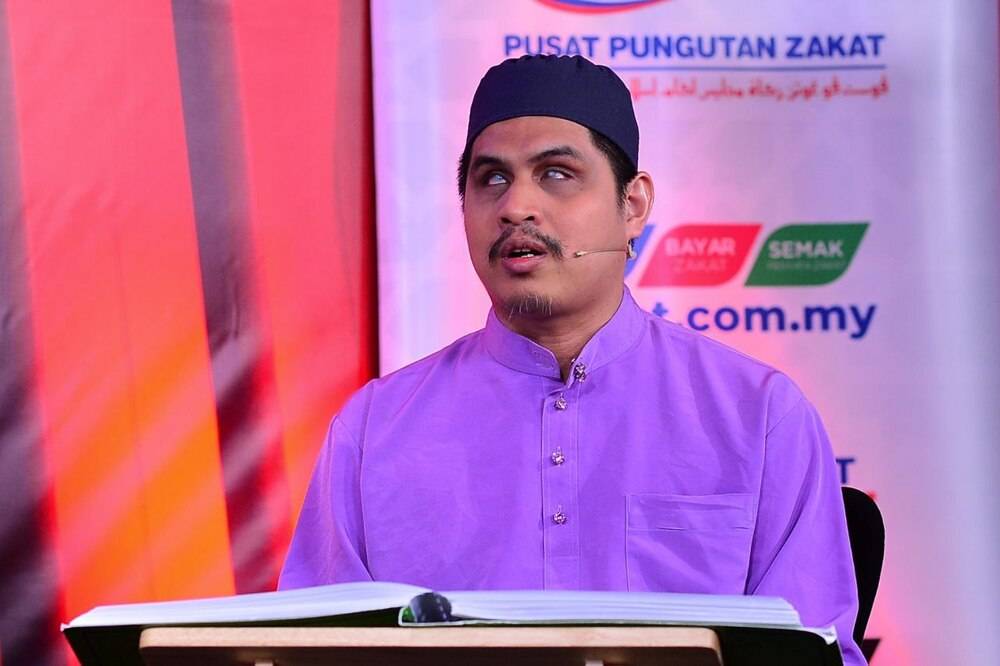Pertis highlights the power of waqf in supporting PwDs
Waqf funding ensures visually impaired individuals can access and learn the Quran, a resource crucial for their spiritual growth.

SHAH ALAM - The Malaysian Association for the Blind (Pertis) is demonstrating how waqf contributions are transforming the lives of persons with disabilities (PwDs), particularly by providing essential Islamic resources like Braille Al-Qurans.
Pertis Qari Muhamad Firdaus Hairi emphasised the importance of waqf funding in ensuring visually impaired individuals could access and learn the Quran, a resource crucial for their spiritual growth.
Firdaus shared his personal experience of using Braille Al-Qurans where he recited the Quran, with copies funded entirely through waqf contributions.
“However, the lifespan of a Braille Al-Quran is limited, typically three to five years, because the Braille dots fade with frequent use. For hafiz and hafizah (Quran memorisers) who recite and review the Quran daily, the wear and tear are even more rapid.
“When I was a student, I requested three sets of Braille Al-Quran annually because of daily usage. Factors like wet hands after ablution or sweating during study further contributed to the deterioration.
“Pertis had to supply me with multiple copies each year and this was only possible through waqf funding. Now, imagine an institution with ten students.
“The demand for Braille Al-Quran would multiply, creating a significant financial burden without public support,” he said during the ‘Sinar Harian Wacana: Kenapa Wakaf Kurang Popular?’ programme at Karangkraf Media Group, Shah Alam.
Beyond Braille Al-Qurans, Firdaus said that waqf has enabled Pertis to translate 63 types of Islamic learning materials into Braille and organise free lectures to promote Islamic education among PwDs.
Pertis also conducted Quranic classes to ensure recipients become proficient in Quran recitation.
However, these efforts come with ongoing costs, including teacher salaries and venue rentals, which were sustained through waqf and public donations.
“To address these financial challenges, Pertis has launched a PwD Da’wah Centre and collaborates with organisations such as the Zakat Collection Centre (PPZ) and the Federal Territories Islamic Religious Council (MAIWP) to secure funding for a fully equipped facility.
“Our vision extends beyond distributing resources or conducting classes. We aim to establish the Pertis Academy; a comprehensive educational institution offering Islamic studies, various activities and dormitories for students from other states.
“Many young PwDs wish to continue their religious studies but lack suitable accommodations and the Pertis Academy seeks to fulfill this need by providing both comfortable living and effective learning spaces.
Firdaus urged the public to contribute, highlighting that even small donations of RM5 or RM10 can make a meaningful impact.
“Every contribution helps sustain these initiatives, ensuring that waqf continues to bring blessings to recipients and abundant rewards to donors,” he said.
Download Sinar Daily application.Click Here!















